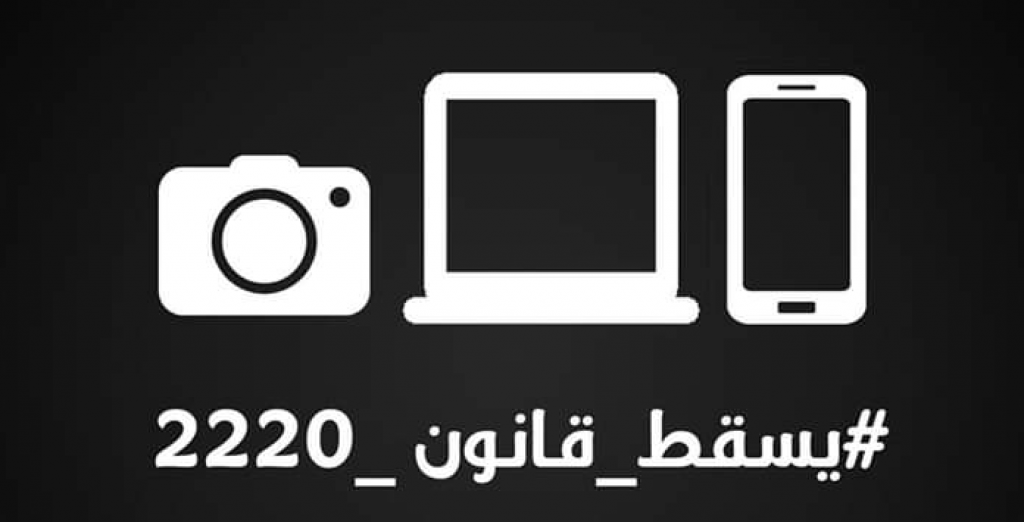On 20 March, Morocco adopted a “state of health emergency” to fight the COVID-19 pandemic. This state of emergency enables the State to endorse the implementation of lockdown measures, closure of schools and universities, and shutdown of transport systems. However, one of the decisions taken hardly seems related to the pandemic currently threatening the Kingdom. Indeed, Bill 22-20 rather aims to further control the use of social media and broadcasting networks. This bill, various provisions of which were leaked online, raises questions regarding both substance and form.
On substance first, the bill would prevent the use of social media to call for a boycott. Fines of up to €4,500 and from three months to six years imprisonment await offenders. The bill also plans to prohibit the dissemination of false information that could cast doubt on the quality or safety of a product. If the strategic objective of the measure is to fight against “fake news”, it consequently results in a worrying limitation of freedom of expression.
On form then, the bill is mostly marked by irregularities. As is usually the norm, the text was not published for debate on the website of the Secretary General of the Government. Furthermore, neither the National Council for Human Rights nor the National Committee for Personal Data Protection, were consulted, as is their mandate. Several civil society organisations publicly questioned the hidden objectives behind such a precipitous decision. Many Internet users challenged the usefulness of adopting such a bill that has no link whatsoever with the pandemic. This bill comes at a tense moment regarding freedom of expression, as evidenced by the recent trials of journalist Omar Radi and activist Omar Naji who were targeted for having exerted their rights to freedom of opinion and expression.
The public denunciation of this bill and the massive mobilisation against it have triggered stormy debates among government parties. Justice and Human Rights Ministers have since suspended the bill and declared it would be debated after the end of the state of health emergency.

